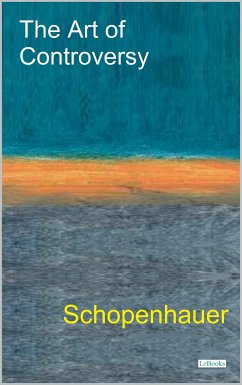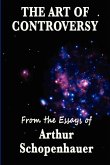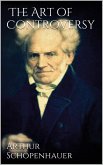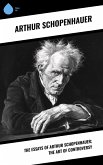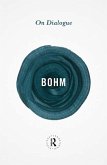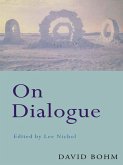"The Art of Controversy," a notable work by Arthur Schopenhauer, explores the strategies and tactics employed in debates and discussions. Written around 1830-31, during Schopenhauer's final period in Berlin, this treatise, also known as "The Art of Being Right," was not published during his lifetime. Its first publication occurred in 1864 under the title "Eristik," by Julius Frauenstadt. The definitive edition, however, is attributed to Arthur Hübscher, who included it in a compilation of Schopenhauer's unpublished letters. This work is indispensable for anyone looking to engage effectively in debates. While identifying errors in others' arguments is valuable, recognizing flaws in our own discourse is crucial for continuous intellectual growth. "The Art of Controversy" serves as a guide to "intellectual fencing," emphasizing that rhetorical skill and strategic thinking are as important as the underlying truth in any debate.
Dieser Download kann aus rechtlichen Gründen nur mit Rechnungsadresse in A, B, BG, CY, CZ, D, DK, EW, E, FIN, F, GR, H, IRL, I, LT, L, LR, M, NL, PL, P, R, S, SLO, SK ausgeliefert werden.

